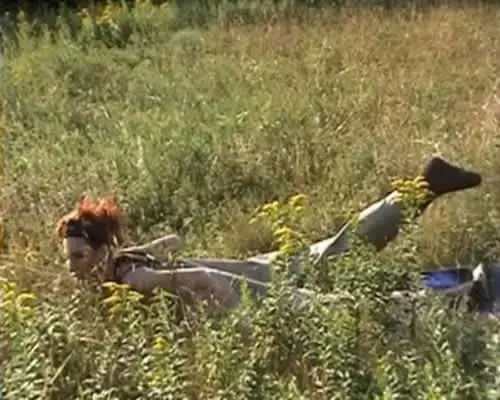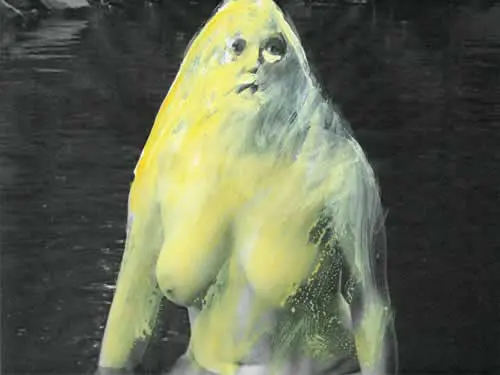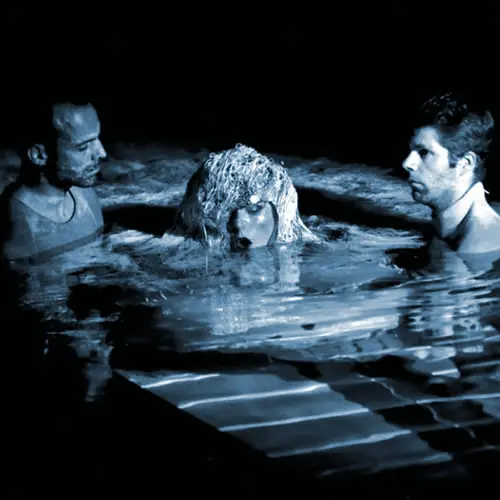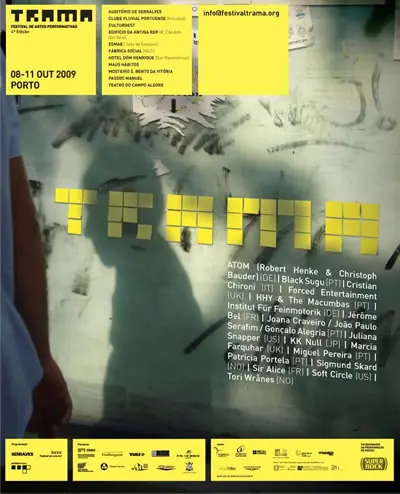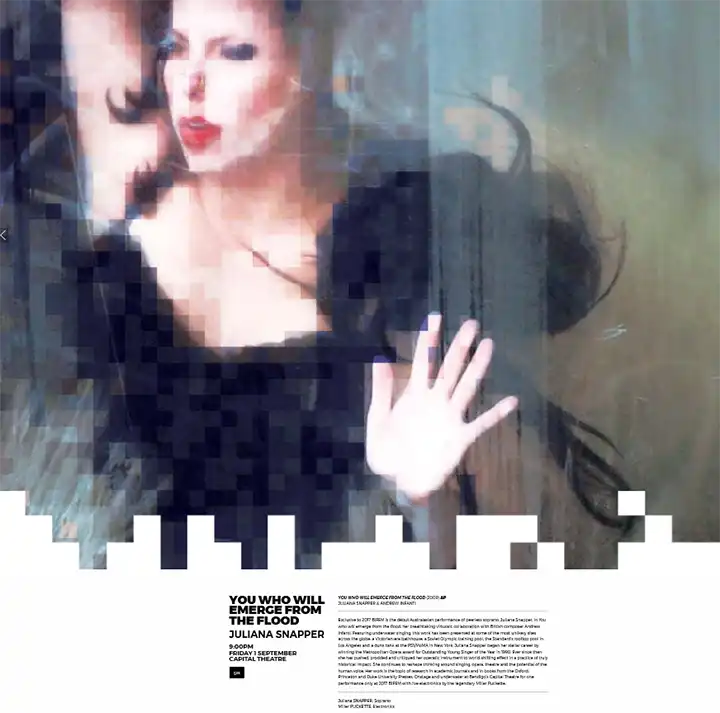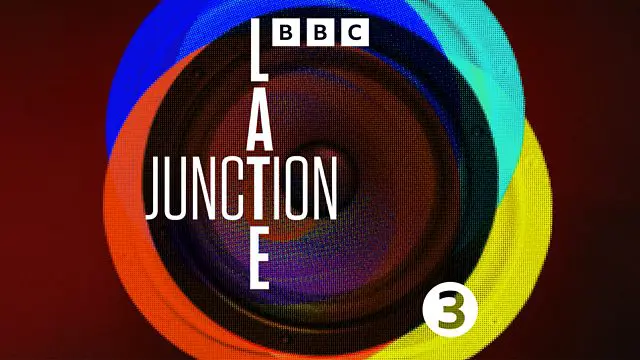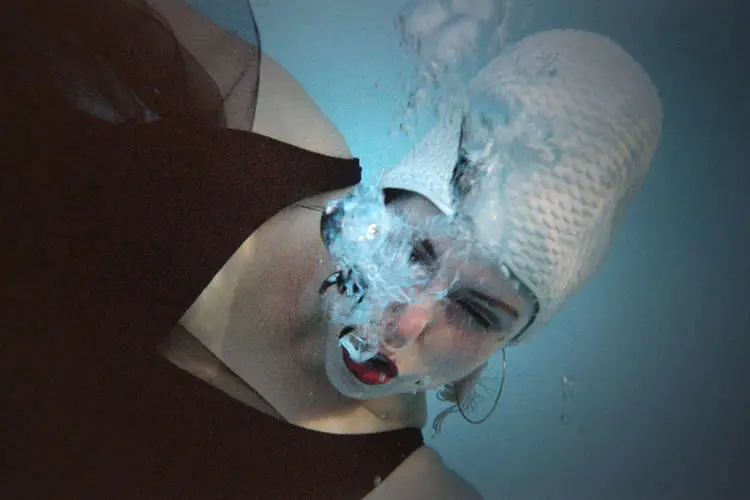Work
You Who Will Emerge from the Flood…
(2008—2017)
The first full-scale opera performed in and under water, continuation/culmination part of the 5 Fathoms Opera Project.
The work was conceived, developed, performed and directed by soprano Juliana Snapper and composer Andrew Infanti. The costumes were designed by Suzette Matheson.
Each performance involved the collaboration of local artists, professional and amateur, from the host city.
Listen to an episode of the podcast Soundmaking produced by musicians Matthew Shlomowitz and Håkon Stene.
In this episode (May 22, 2023), Juliana Snapper and Andrew Infanti discuss the how and why of their Opera :


Soundmaking is hosted on Acast.
Episode 105 is also available on Apple Podcasts, Spotify and Amazon Music.
Emerging from the flood?
The title of the work echoes a few lines composed by German poet Bertolt Brecht shortly before the Second World War disaster: “Ihr, die ihr auftauchen werdet aus der Flut…”.
Juliana Snapper takes on the role of an amphibious hybrid animal named Blorkra that survived an ecological catastrophe (see synopsis).

Blorkra Audio excerpts
◼ “Dear Blorkra”
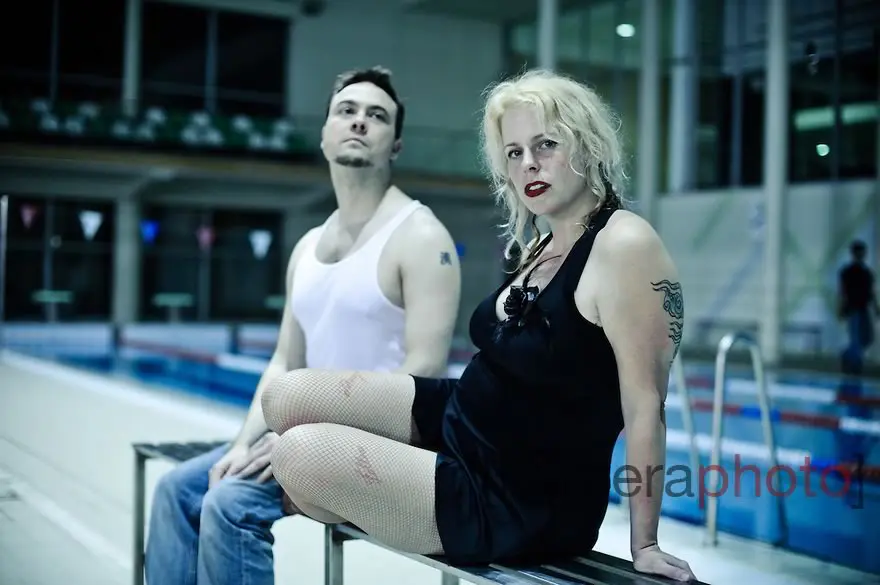
“Dear Blorkra” is an arietta-interlude.
Juliana Snapper's underwater vocalizations are mixed into a piano solo with live electronic (sixth-tone soft-pad synthesizer) distortion.
◼ Blorkra on the Radio
A remix for BBC Radio 3's Late Junction program produced by Katie Callin (@kjcallin).
Blorkra Video excerpts
Watch excerpts from You Who Will emerge from the Flood…
❶ A glimpse of the Blorkra Tragedy
❷ Blorkra is the last of her kind
❸ Blorkra sees her own violent death
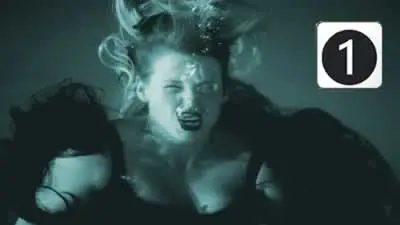
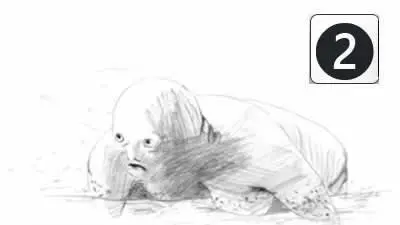

- Costume design: Suzette Matheson
- Video and animations: Paula Cronan
- Video character: Brenna Williams as dying Blorkra
These excerpts show footage from performances at:
- AKSIOMA, Institute for Contemporary Art : Ljubljana (performed in a swimming pool; part of the previous 5 Fathoms Opera Project), Slovenia, 2008.
- Queer up North Festival : Manchester (world premiere, performed in historic Victoria Baths), England, 2009.
- TRAMA Festival de Artes Performativas : Porto (performed in a swimming pool: Clube Fluvial Portuense), Portugal, 2009.
- Teatr Dramatyczny Migracje Festiwal : Warsaw (performed in a swimming pool: the Palace of Culture and Science), Poland, 2010.
- La Bâtie - Festival de Genève : Geneva (performed in a swimming pool: piscine des Vernets), Switzerland, 2011.
- Bendigo International Festival of Exploratory Music [web.archive.org] : Bendigo (performed in a dunk tank), Australia, 2017.

An alien challenge
Migrate from air to water?
Breathing and singing underwater?
Maximizing bone conduction and controlling bubble output as part of a new vocal fabric, Juliana Snapper merges extended techniques with Baroque tropes that represent human longing and passion as aspects of weather.
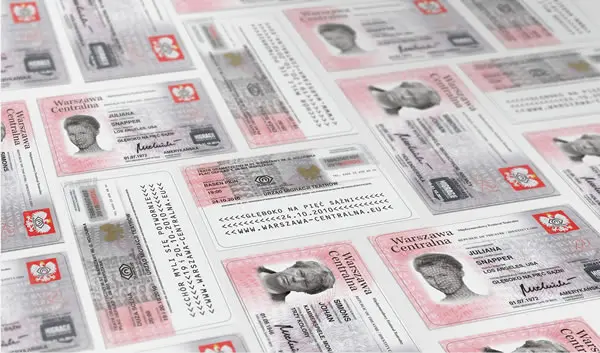
Juliana Snapper becomes a modern-day siren in two ways:
— she takes on the role of Blorkra, an amphibious hybrid that survived a global ecological catastrophe.
— she utilises radical vocal techniques (see “Bouche à l'eau”) which require more than her voice being transmitted via a hydrophone.
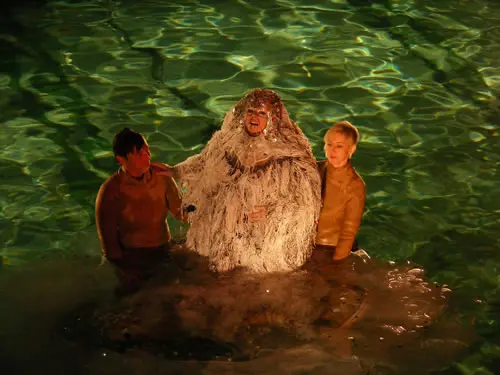
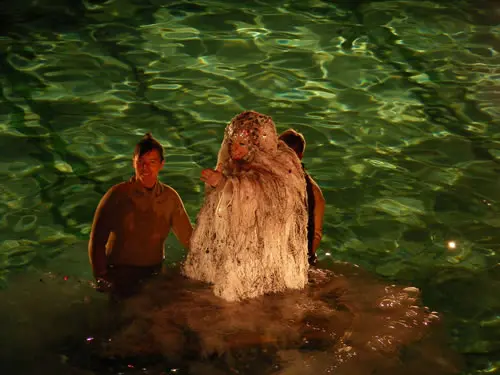
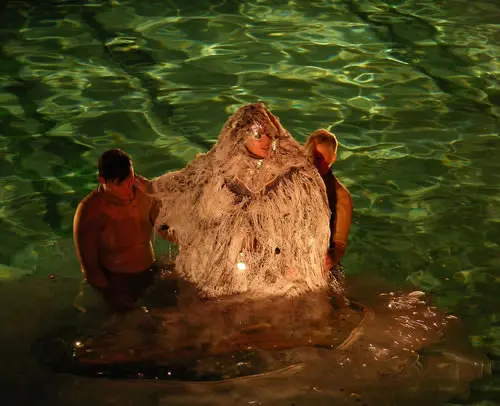
You Who Will Emerge from the Flood : synopsis
Blorkra is a genetically-engineered amphibious posthuman living 500,000 years in the future. Her species was designed in the twenty-first century as an act of despair — in the knowledge that the earth could no longer support homo sapiens.
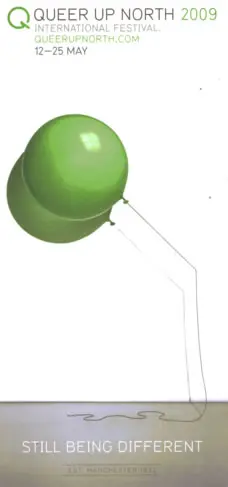
Attempts had to be made to diversify human anatomy in order to survive on a ruined earth. Following the extinction of humankind, Blorkra’s species has evolved and developed.
But, she may be the last of her kind. She lives in hunger and isolation between the icy depths and the sterile shore.
A dark shadow hangs over Blorkra. A boat (does she even know what this is?) has been circulating in her territory.
Blorkra is alarmed by the boat, but she is desperate to find food and for contact (with anyone). Excited and confused, she plunges into a sequence of hallucinatory trances. In these visions, she sees/hears:
— a genetic scientist named “T.I.N.A.” (“there is no alternative”) from the twenty-first century, creator of Blorkra’s species;
— a swamp dweller named “Snatch”, living in 75,000 A.D.
Can these ancestors teach her anything useful? They express only a series of vague warnings and muddled apologies in languages Blorkra doesn’t understand. Hopeful, she moves towards the shore in her gelatinous bubble; towards the shadowy figures with the boat. In her final hallucination, Blorkra sees her own violent death.
Bertolt Brecht’s poem
To Posterity, III (An die Nachgeborenen, III)
English translation
You, who will emerge from the flood
In which we have sunk
Remember
When you speak of our weaknesses
Our dark time
From which you escaped.
We went on changing countries more often than our shoes
Through class struggle, desperate
Because there was only injustice and no outrage.
But we know that
Even hatred of baseness
Distorts one’s facial features.
And that anger against injustice
Makes one’s voice hoarse. Alas, we
Who wanted to prepare the way for kindness
Could not ourselves be kind.
But you, when the time finally comes
When man is a helper to his fellow man
Remember us
With leniency.
Original version
Ihr, die ihr auftauchen werdet aus der Flut
In der wir untergegangen sind
Gedenkt
Wenn ihr von unseren Schwächen sprecht
Auch der finsteren Zeit
Der ihr entronnen seid.
Gingen wir doch, öfter als die Schuhe die Länder wechselnd
Durch die Kriege der Klassen, verzweifelt
Wenn da nur Unrecht war und keine Empörung.
Dabei wissen wir doch:
Auch der Haß gegen die Niedrigkeit
Verzerrt die Züge.
Auch der Zorn über das Unrecht
Macht die Stimme heiser. Ach, wir
Die wir den Boden bereiten wollten für Freundlichkeit
Konnten selber nicht freundlich sein.
Ihr aber, wenn es so weit sein wird
Daß der Mensch dem Menschen ein Helfer ist
Gedenkt unsrer
Mit Nachsicht.
